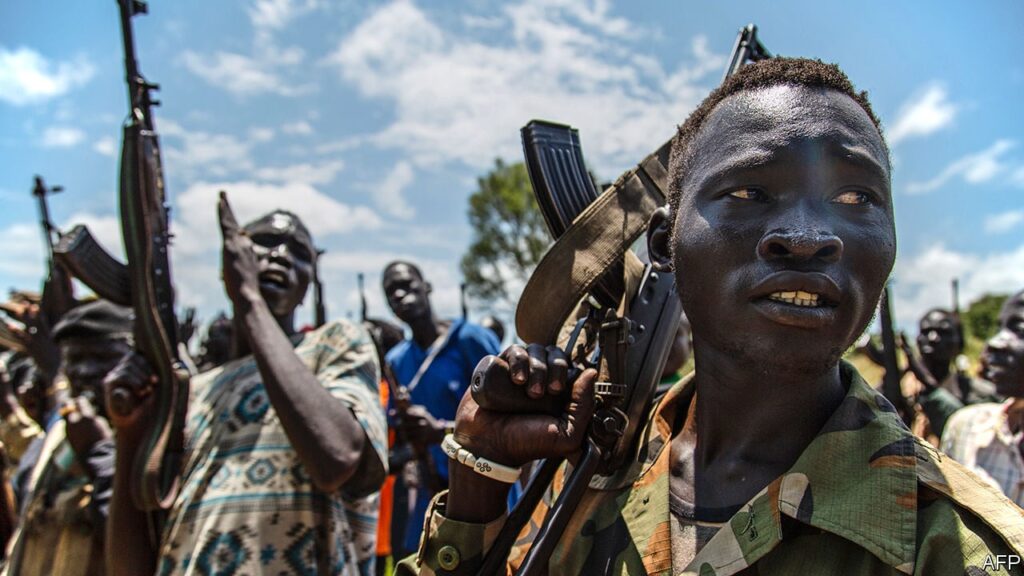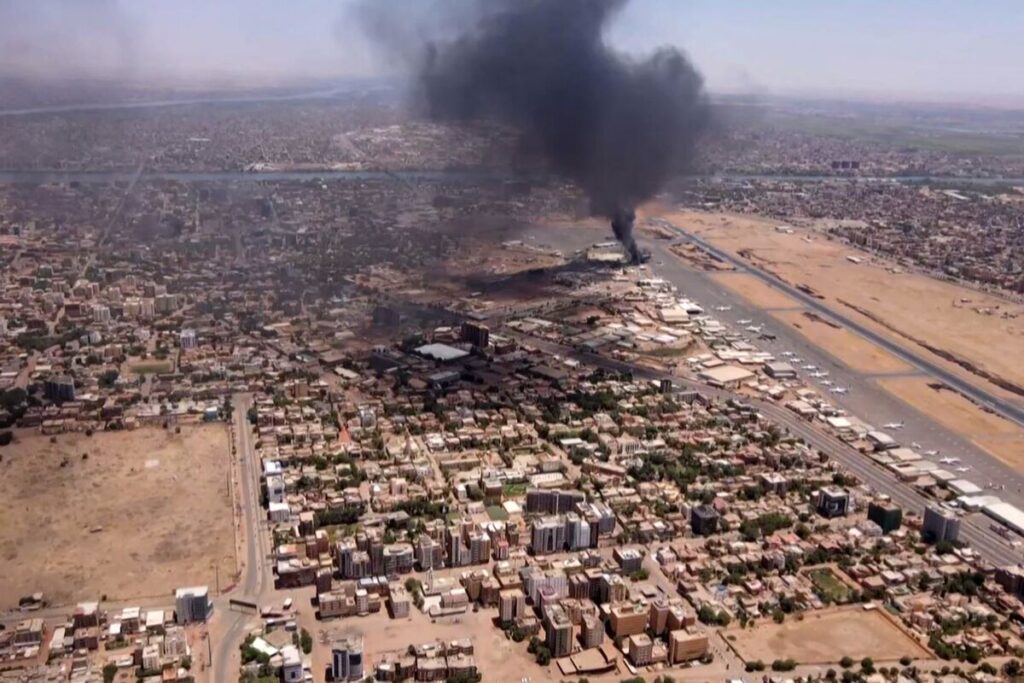In 2019, Omar al-Bashir, the dictatorial ruler of Sudan was overthrown by two military factions and popular support. Al-Bashir had served almost three decades in that position, and following his ousting, he was convicted of crimes against humanity, corruption, and genocide. In his place, the two factions (the Sudanese Armed Forces and the Rapid Support Forces (RSF)) decided to create a joint council made up of civilians and military members until a more permanent civilian-led government could be formed when Sudan had stabilized.
This hope started to wane in 2021 when the military raised another coup against the Western backed government of Prime Minister Abdalla Hamdok. General elections were still meant to be held in 2023, but now military forces were beginning to threaten that possibility. Now it’s 2023 and the power struggle between the two generals of both factions has developed into outright warfare.
Present
Intense fighting broke out just two weeks back with both militaries attempting to gain control of the capital Khartoum and other key military sites. Hospitals, airports, and stores have all been shut down, and the many Sudanese citizens are worried about running out of supplies while staying at home. According to the UN, more than 400 people have been killed and 3500 injured.
The two leaders of the warring military factions are General Abdel Fatah al-Burhan (the leader of the Sudanese Armed Forces) and General Mohammed Hamdan Dagalo (aka Hemedti) of the RSF. One of the biggest reasons for disagreement is how the RSF is meant to be integrated into the Sudanese Armed Forces. The RSF wants it to be a gradual transition, while the Armed Forces see them joining in less than two years.
Foreign Influence & Aid
External leaders are closely watching the situation in Sudan as their attacks have not been limited to just their citizens.
Secretary of State Antony Blinken explains their “indiscriminate military operations have resulted in significant civilian deaths and injuries, and are recklessly endangering the Sudanese people, diplomats including U.S. personnel, and humanitarian aid workers.”
Three members of the World Food Programme were also killed.
The Western world has been more invested in Sudan’s motions after al-Bashir was ousted. Russia has also kept an eye out, and there have been positive relations between the Sudanese and Russian military leaders. This poses a concern to the West since the Russian endorsed mercenary organization, the Wagner Group, has been expanding its reach from Ukraine to Sudan’s gold mines.

The United Nations, through diplomat Volker Perthes, has attempted to set up cease fires, yet the conflict has always renewed before the ceasefire ended. American, British, French, and Chinese diplomats are being evacuated from their embassies in Sudan due to the risk of remaining.
It is unsure how long this conflict will last or who will come victorious at the end, yet experts predict that the predicted civilian led government is a long way away from the hope of 2019.
By: Advika Rajeev





